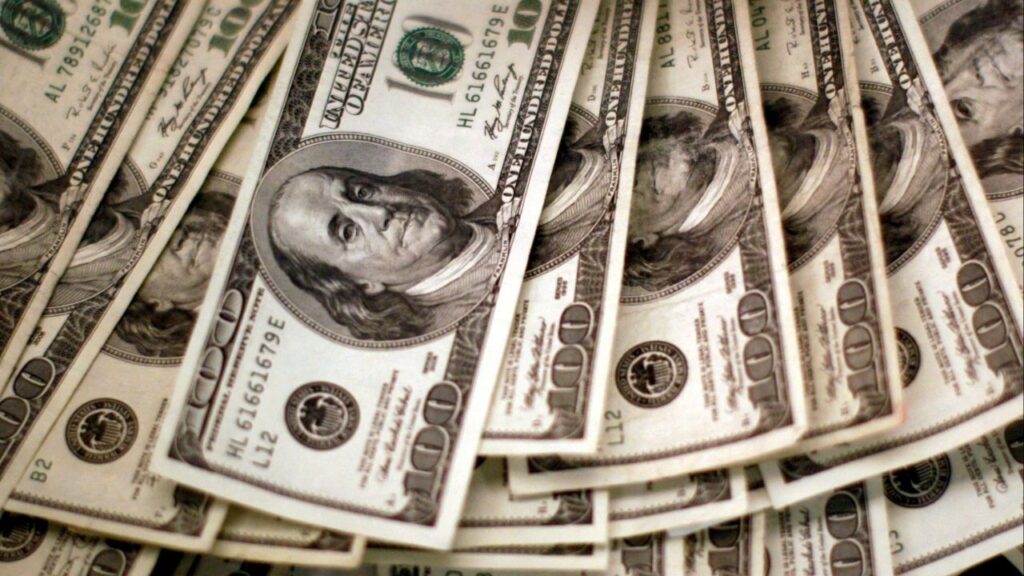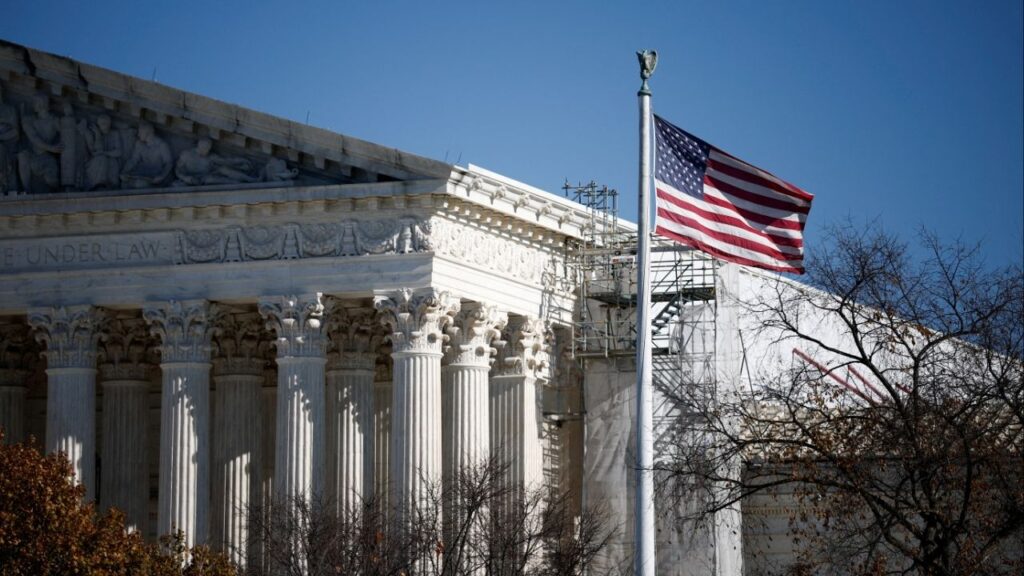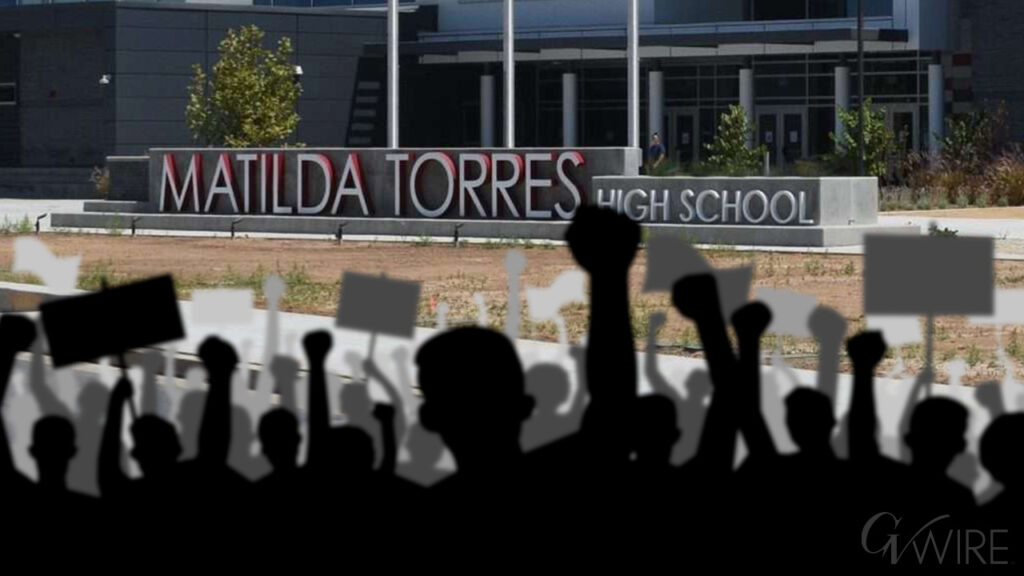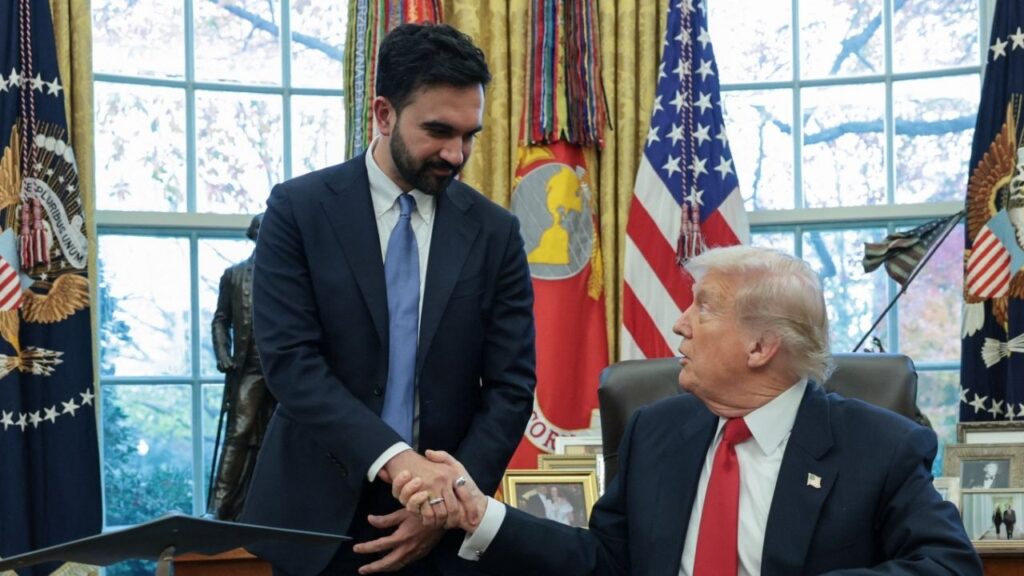Americans' financial confidence is low as rising costs, government cuts, and tariffs threaten economic stability and consumer spending. (Shutterstock)

- A new survey shows only 26% of Americans feel financially better off today than six months ago.
- Rising insurance costs, inflation, and economic uncertainty dominate consumer concerns, pushing many to cut spending or delay major purchases.
- Proposed tariffs and federal spending cuts could worsen financial strain, raising costs for essentials like housing, cars, and everyday goods.
Share
|
Getting your Trinity Audio player ready...
|
The economic mood among Americans is decidedly gloomy, according to a new survey by Clever Real Estate, and few expect things to improve anytime soon. The research found that only 26% of people feel better off financially today than six months ago. Meanwhile, proposed federal spending cuts and tariffs are among the concerns leading just 34% to expect to be better off in September compared to now.
Studies on consumer sentiment or confidence give economists a window into how the public feels about their financial situations. High consumer confidence leads to more spending, while low confidence sees spending drop.
“Since consumer spending drives most of the economy, sentiment gives us a preview of what’s coming before the hard numbers show it,” said Andrew Latham, a certified financial planner with SuperMoney.com.
Although inflation has been cooling since its post-COVID-19 peak, it still hasn’t hit the Federal Reserve’s 2% target. Prices remain high while the S&P 500 index has tumbled, bringing down 401(k)s and IRAs. And many survey respondents fear things will only get worse.
Worry Drives Survey Findings
Worry is a common thread throughout the survey findings. Clever gauged the level of concern on nine specific issues: inflation, tariffs, insurance, Social Security, Medicaid/Medicare, the U.S. economy, geopolitical tensions, the global economy, and home maintenance costs. Worries have worsened on each point over the last six months.
Rising insurance costs are the top concern for 95% of Americans, followed by inflation at 94% and the overall U.S. economy at 89%. Moreover, nearly 63% don’t believe the current U.S. government is taking the right actions to address economic concerns. Almost 3 in 4 people surveyed expect inflation to worsen over the next year, and 95% worry that prices will increase in the same period.
“A wide range of demographic groups are affected by this widespread uneasiness, which highlights the need for policy initiatives that address both short-term financial difficulties and the longer-term objective of economic stability,” said Elizabeth Rivelli, a personal finance and insurance expert at Best Money.
The situation seems even more dire when you look at individuals and households. About 85% of those surveyed are concerned about their personal finances, and 72% are worried about the job market. Should they lose their income, 49% said they couldn’t maintain their current lifestyle for six months. Nearly 20% couldn’t support it for one month.
Some consumers are already taking steps to counter their economic worry: 58% have reduced non-essential spending, 31% are saving more, and 32% are delaying major purchases. In an already-struggling real estate market, 22% say they’re waiting longer to buy a home. About 13% of homeowners will put off selling their homes, while 8% want to sell their houses faster, using methods such as a cash buying company.
Impact of Tariffs, Government Cuts, and Less Spending
Most Americans believe tariffs will increase product prices and hurt the U.S. economy, which aligns with how these taxes on imported goods generally work. Cuts to government programs like Social Security, Medicare, food stamps, disability benefits, and veterans’ benefits will also likely hurt consumers’ wallets. About 75% of survey respondents said they or their family will feel the impact of such cuts, with 61% saying they’ll struggle to afford necessities.
“Each of these hits the economy in a different way, but the end result is the same: less money moving around,” Latham said. “Tariffs push prices up, government [spending] cuts slow investment, and if consumers stop spending, it’s like pulling the plug on momentum.”
While 78% of the Clever survey respondents favor reduced government spending, only 46% approve of how the Trump administration is handling the cuts. Just 35% support the recent sweeping federal layoffs. Such drastic measures will likely ripple throughout the economy, even outside industries directly affected.
“When combined, these problems can produce a vicious cycle in which economic growth slows as consumer spending declines, further taxing jobs and wages and making it more difficult for families to get back on their feet,” Rivelli said.
Consumer Sentiment vs. Actual Economic Conditions
Consumer confidence typically reflects what’s happening in the economy, but not always. Sami Andreani, a finance expert and Chief Financial Officer at Oppizi, said high inflation and global tensions can cause optimism to dip despite a strong job market and rising wages.
Projections and proposals aside, experts say the current U.S. economy is strong. The gross domestic product (GDP) was up 2.4% at the end of 2024, and personal income increased 0.9% in January from the previous month. In addition, February marked a 4.3% increase in the hourly median wage.
“This survey really highlights how much inflation and trade policies shape the way people feel about the economy,” Andreani said. “It shows how much external events can shape people’s perceptions.”
Of course, perceptions are one thing, and sticker prices are another. For instance, car prices have risen 34% since 2019, with the average new vehicle costing more than $49,700. Average home prices increased significantly in the same period, jumping 29% to $414,500.
Proposed tariffs and spending cuts will impact these costs as well. New tariffs on auto imports could raise car prices by thousands of dollars. Similarly, proposed cuts to the Federal Housing Administration (FHA) could impact programs that first-time homebuyers rely on for low down payment options.
‘A Snapshot of Economic Fatigue’
Clever’s survey isn’t the only one showing a drop in consumer sentiment. In March, the Conference Board reported that confidence fell to 65.2, its lowest level in 12 years. Similarly, the University of Michigan consumer sentiment survey recently hit its lowest level since 2022.
Consumer spending was up 4% at the end of 2024, but uncertainty around tariffs and spending cuts may slow that trend. Survey respondents are already spending less on non-essentials like dining out, clothing, entertainment, and travel. Without a clear idea of where the economy is heading, consumers seem ready to sit back and wait for some stability.
“This survey feels like a snapshot of economic fatigue,” Latham said. “People have been riding out wave after wave. They have endured the pandemic, inflation, rate hikes, and market swings, and now they’re just tired.”
Good advice, whether from financial planners or real estate agents, will be critical for navigating this cycle of low confidence. They can help consumers decide which investments or large purchases to make now, before tariffs set in, and which should wait for a market rebound.
RELATED TOPICS:
Categories
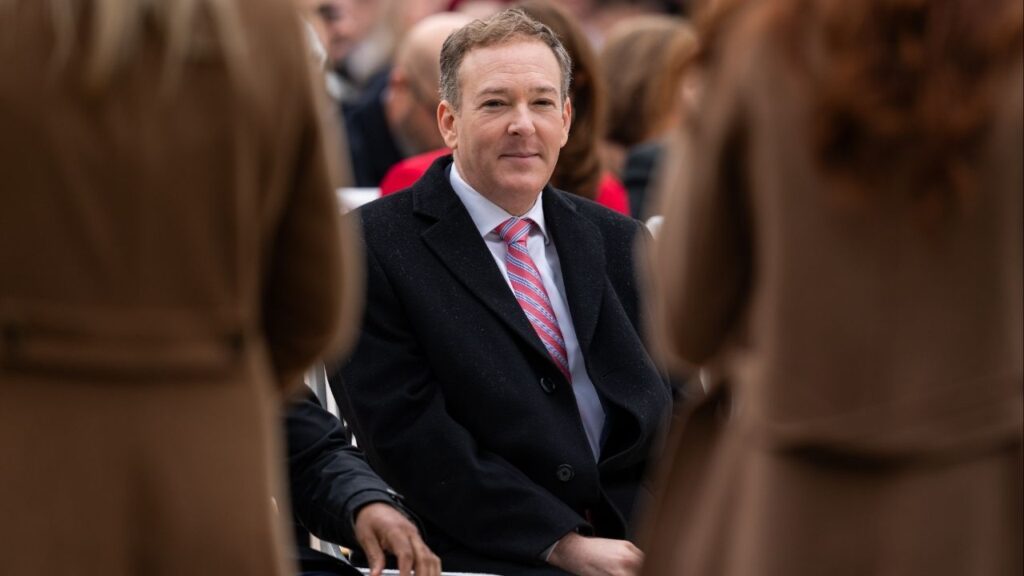
MAHA Activists Urge Trump to Fire His EPA Administrator
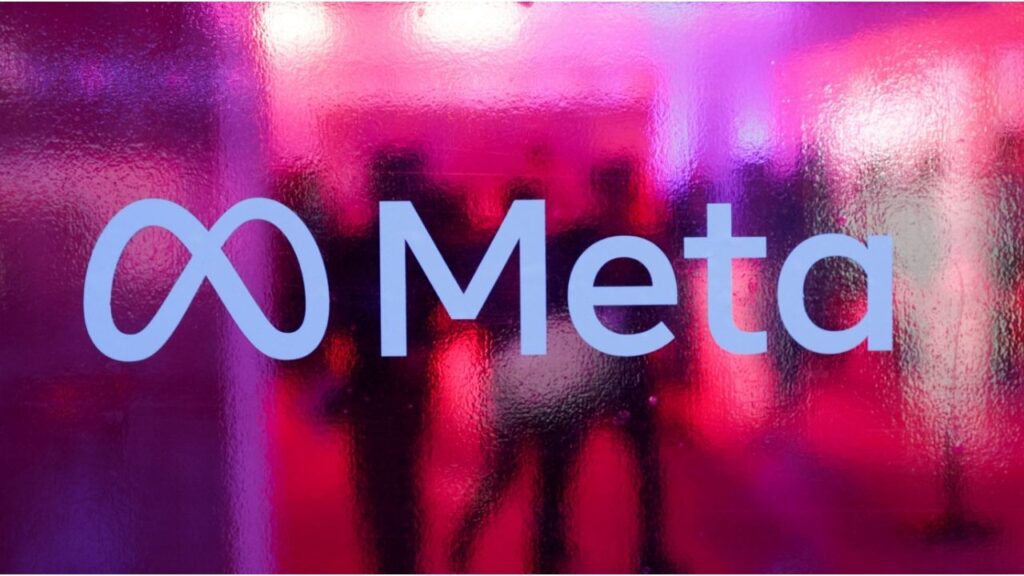
Meta Strikes Multiple AI Deals With News Publishers
